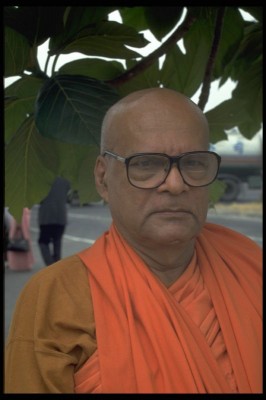 I just found this interesting book by Venerable Dr. K Sri Dhammananda Thero. He was a Sri Lankan Buddhist monk and scholar in the Theravada tradition who lived between 1919 and 2006. He lived mostly in Malaysia and Singapore.
I just found this interesting book by Venerable Dr. K Sri Dhammananda Thero. He was a Sri Lankan Buddhist monk and scholar in the Theravada tradition who lived between 1919 and 2006. He lived mostly in Malaysia and Singapore.
There are many books to his credit. I stumbled across this one titled, “Human Dignity in Buddhism,” which you can read or download for free.
The introduction is so thought provoking that it is repeated here.
What are the humane qualities which give rise to dignity and nobility? They are based on the moral, ethical, intellectual and spiritual norms which we human beings uphold and treasure in our day-to-day relationships with one another. As human beings we have minds which we can develop to such an extent that we can differentiate between what is right and what is wrong, between what we should be proud of and what we should be ashamed of.
A human being who is worthy of respect, would be one who has the attributes of Fear and Shame, who is kind, compassionate and sympathetic to others, who is afraid to cause harm to others but is ever prepared to lend a helping hand when in need. These are ordinary human values which we should all cherish and uphold. We should develop our humane qualities and not violate them.
One of the golden rules to lead a good life is to have a balanced livelihood – without in any way going into extremes. The Buddha does not advise us to torture our body or our mind in the cause of religion. We can practice our religion as rational beings. Do not overdo things. Do not forget the most important aspect of life – your spiritual development. The teaching of the Buddha can be categorised in three ways: happiness for this life, happiness for the hereafter and happiness for the ultimate achievement – Nibbana. In the pursuit of these three kinds of happiness, a man can achieve dignity and nobility.
With regard to those “afraid to cause harm to others,” please refer to the First Mindfulness Training of Zen Master Thich Nhat Hanh which reads,
Aware of the suffering caused by the destruction of life, I am committed to cultivate compassion and learn ways to protect the lives of people, animals, plants, and minerals. I am determined not to kill, not to let others kill, and not to condone any act of killing in the world, in my thinking, and in my way of life.
This idea of non-harming was taught by the Buddha 2600 years ago and it is still valid today.
Likewise, the phrase, “who is kind, compassionate and sympathetic to others,” refers to the “four immeasurable minds” of loving kindness, compassion, sympathetic joy, and equanimity. All of these topics have been covered abundantly in Meditation Practices for Healing and Well-Being.
What are your thoughts on human dignity and nobility? Do you relate to what Venerable Sri Dhammananda says? Please comment and share.
To get Human Dignity in Buddhism, click on the image below.





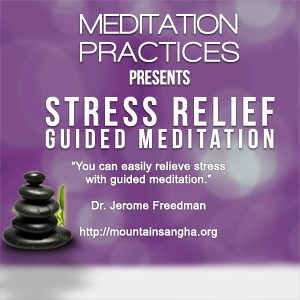


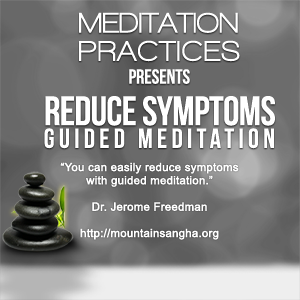


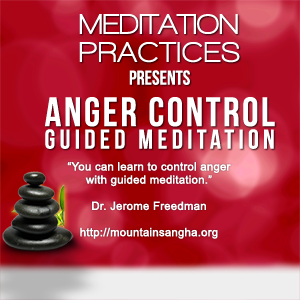
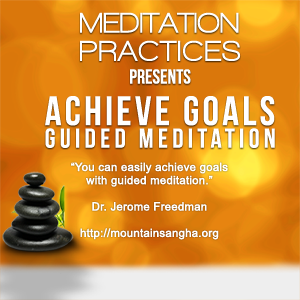
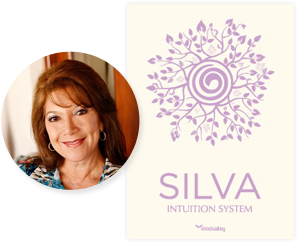
You must be logged in to post a comment.